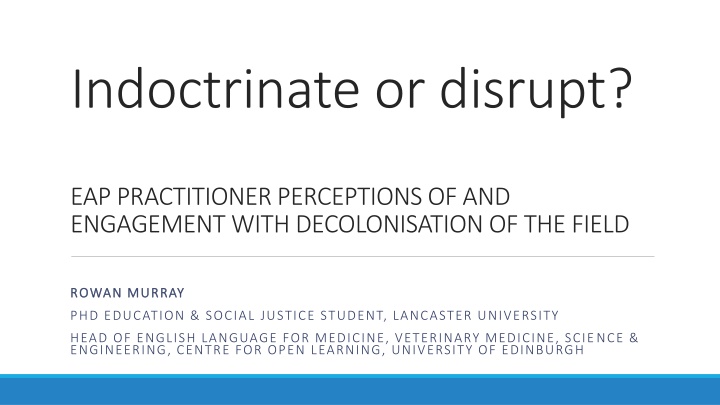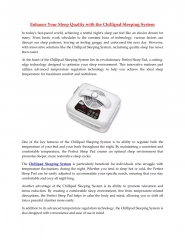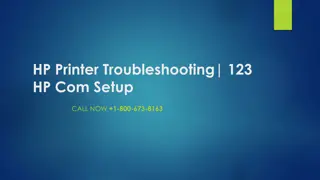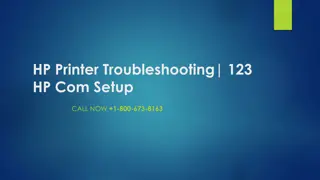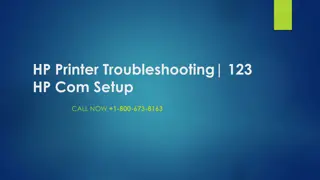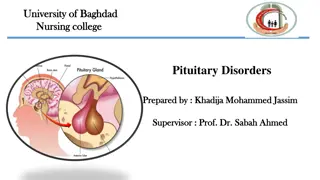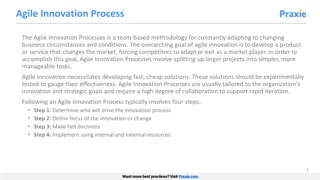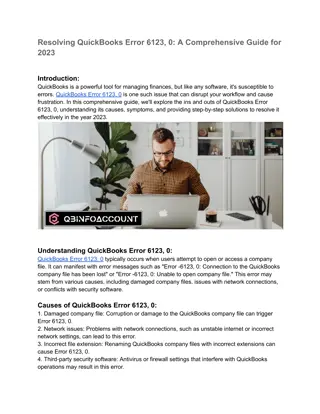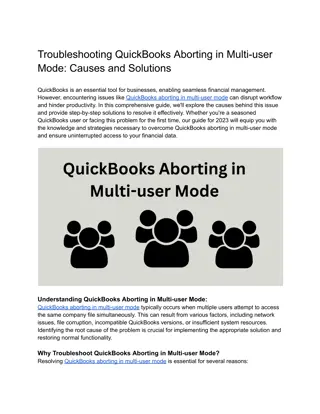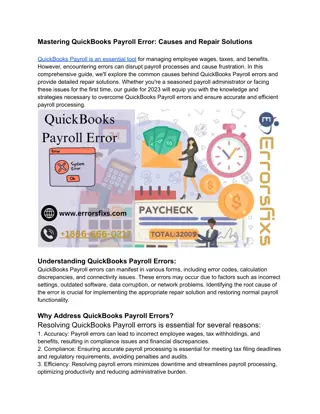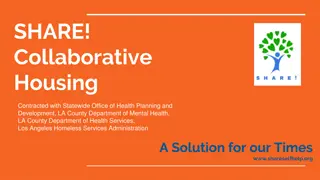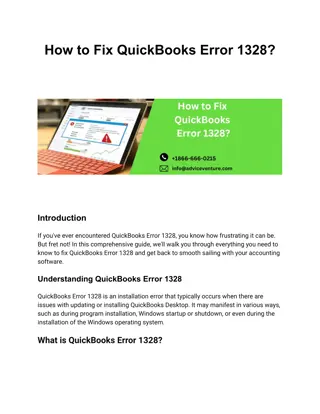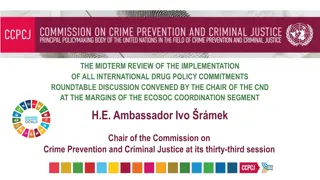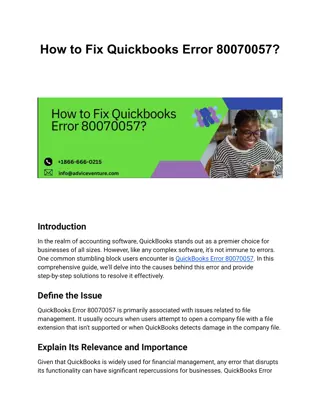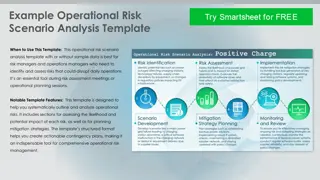Indoctrinate or disrupt?
This study delves into how EAP practitioners perceive and engage with decolonisation in UK higher education, exploring limitations, possibilities, and emerging themes in the field. It addresses the power dynamics in knowledge production and the implications of decolonisation in ELT/EAP. Suggestions for decolonising EFL/EAP practices are also provided, focusing on method influences and acknowledging diverse languages and cultures.
Uploaded on Feb 27, 2025 | 0 Views
Download Presentation

Please find below an Image/Link to download the presentation.
The content on the website is provided AS IS for your information and personal use only. It may not be sold, licensed, or shared on other websites without obtaining consent from the author.If you encounter any issues during the download, it is possible that the publisher has removed the file from their server.
You are allowed to download the files provided on this website for personal or commercial use, subject to the condition that they are used lawfully. All files are the property of their respective owners.
The content on the website is provided AS IS for your information and personal use only. It may not be sold, licensed, or shared on other websites without obtaining consent from the author.
E N D
Presentation Transcript
Indoctrinate or disrupt? EAP PRACTITIONER PERCEPTIONS OF AND ENGAGEMENT WITHDECOLONISATIONOF THE FIELD ROWAN MURRAY ROWAN MURRAY PHD EDUCATION & SOCIAL JUSTICE STUDENT, LANCASTER UNIVERSITY HEAD OF ENGLISH LANGUAGE FOR MEDICINE, VETERINARY MEDICINE, SCIENCE & ENGINEERING, CENTRE FOR OPEN LEARNING, UNIVERSITY OF EDINBURGH
Decolonisation and UK HE Decolonisation and ELT/EAP The research Outline Outline Emerging themes Limitations and possibilities Questions
"the university is a site of knowledge production and, most crucially, consecration; it has the power to decide which histories, knowledges and intellectual contributions are considered valuable and worthy of further critical attention and dissemination." Decolonisation Decolonisation in UK Higher in UK Higher Education Education (Gebrial, 2018, p. 19) The West perceives itself to be the centre of legitimate knowledge, the arbiter of what counts as knowledge and the source of civilized knowledge (Smith, 2012, p. 125).
UK HE suggestions for decolonisation Emic perspectives in materials Power in the classroom Dialogic engagement
Decolonisation in ELT & EAP Linguistic Imperialism (Phillipson, 1992 and Pennycook, 1998; 1994) every discipline brings with it colonial modalities of thinking that have eluded adequate scrutiny Perpetuating cultural superiority Unquestioning acceptance of disciplinary expectations (Benesch, 2001) (Gebrial, 2018, p. 26) Arguably indoctrinating
EFL/EAP suggestions for decolonisation Method influences curriculum, materials, teaching assessment and typically disseminated from the West (Kumaravadivelu, 2006) Postmethod approach: Reflective and exploratory, acknowledges language and culture as a resource, student autonomy (Chan & Henderson, 2018) Acknowledges home languages and cultures, links prior knowledge to current study (Chamot, 2009) Grammar of decoloniality: Focus on intelligibility (Kumaravadivelu, 2006)
EFL/EAP suggestions for decolonisation Engage with marginalized writers, challenge hierarchies and dominant research practices (Ewing & Reece, 2019; Ewing, 2020) Indigenizing ELT and EAP (Sterzuk & Hengen, 2018); Walsh-Marr, 2019) English as a lingua franca and mutual intelligibility (Teale & Vokel de Vries, 2021) Translanguaging to draw on bilingual knowledges and norms (Xhao et al., 2021)
My research A critical perspective of an EAP dichotomy Perceptions of EAP practitioners and EAP students The research tool- collaboration with the EAP for Social Justice SIG Data collection ongoing Emerging themes: learning, teaching, nature of EAP, decolonsing practices
Defining decolonisation "it's not about removing things from the curriculum, but instead adding aspects to it and allowing for a wider range of voices to be heard... And instead looking at knowledge systems that are often excluded from the curriculum- so including other methodologies, and I'm not sure to what extent we're doing that right now. Other epistemologies. Again, I'm not sure to what extent we're doing that right now." "It's important to recognize the impacts of colonialism, it's important to recognise ongoing coloniality and it's important to affirm together as an institution or together as a discipline, that this is not something we want. This is something that we're going to actively work to address and change." "Examining the status quo, looking at the power structures and how some of these practices and ideologies have led to unequal power relations."
Defining before disrupting Need an EAP understanding of decolonisation starting with engagement with the broader literature "I think one great place to start would be not just for EAP professionals to become aware of issues of decolonization, but for EAP professionals to recognize the body of research and the current evidence-based practice around decolonisation. I think again, it's easy for people to say there's a lot of great literature out there, it doesn't really apply to EAP because we're not content subject or the content is also the mode of delivery. Unable to disrupt without a clear idea of what and how
Learning Qualifications omit social justice and decolonisation CPD generally as self-directed learning "I've got a lot to learn, but I don't have the time to read all these things." "It has been my choice to become more familiar with it, and I try to keep abreast of thinking." "I'd like to have more discussion with EAP practitioners about it. I suppose my engaging with the debates is mainly not been within EAP, it's being outside of it apart from you."
'You respect individual learners expectations and values, encourage participation in higher education, and promote equality of opportunity.' Disrupting learning Disruption is dependent on EAP teacher knowledge Interrogate qualifications Incorporate into formal CPD BALEAP TEAP Handbook. Senior Fellow requirements for accreditation. Inclusivity, V4.
Critical reflection "Q: Has your experience of being Othered influenced yourteaching? Critical reflection of our own practice by asking ourselves how we can decolonise 'intellectual spaces', overcome hegemonic epistemology and research, and be part of creating a new academic culture (Hall & Tandon, 2017) A : How could it not?" Critical reflection of the self and our own lived experiences
Decolonising practices Wider range of voices More inclusive themes or social justice themes Interrogate and move from Eurocentrism and Anglocentrism Student choice "I make sure that I'm picking a range of scholars from different areas of the world of different genders from different educational backgrounds as well." "actually actively look for somebody who is more representative of the world that these students are actually functioning in or will be functioning in."
Decolonising practices Acknowledge prior learning Teaching academic conventions The language of instruction "I try to get you to draw on prior learning so that I'm trying to acknowledge the fact that the learning they have done is valuable." "I teach my students how to site names from different areas. I teach my students how to cite names from, you know, mainland China or Japan, how to cite names with two surnames from a Spanish speaking context."
Decolonising practices Utilising full linguistic repertoire Acknowledging varieties of English Silence in the classroom "And now I would never insist that they used English when they having discussions in my class ...accepting you will use whatever language you have at your disposal to achieve a goal, which is to understand something." "being aware how important it is for students to understand that varieties exist and that varieties of English are good and OK and that you know that that there is no sort of 1 type of English that beats the rest, you know."
The nature of EAP provision "So on [course], we're with students for two semesters and we have more room and scope to bring in the students' knowledge." Longer year- round courses "They've come to this session to learn how to do this thing, which is going to help them in their assignment... the way we approach it, it is very much focused on how to pass your assessment." Shorter discipline embedded "But it's yeah, very transactional and you know, don't- they don't necessarily want to challenge what they've been asked to do because they know they have to do it and they know they want to pass."
Next step, disrupt Work in collaboration with the disciplines, identify Schools who are already decolonising Join discussions at higher levels of university Changing deficit perception, we can do the same with decolonisation
Limitations ... EAP training "And also another key point is, is actually our own university, our own department. How diverse are we?" Lack of examples of EAP materials Tension between pragmatic needs and a critical EAP Reliance on the disciplines Standardised genres Nature of EAP provision Precarity and opportunities for research Recruitment and a lack of diversity
and possibilities Potential reach Nature of provision Multiple worldviews and epistemologies in the classroom Space to empower students to question norms, values, expectations A strong EAP community of practice
Indoctrinate or disrupt? "There's always going to be some kind of colonial history connected to it because English has that power." EAP is inherently colonial We are doing students a disservice if we do not prepare them for their degree study Possibly can't fully decolonise, but we can identify pockets where change can happen "there's a balance to strike."
Questions Is it possible to decolonise EAP? Whose responsibility is it?
References Benesch, S. (2001). Critical English for academic purposes. Erlbaum Associates. Chamot, A. U. (2009). The CALLA handbook: Implementing the Cognitive Academic Language Learning Approach (2nd ed.). Addison Wesley Longman. Chan, V., & Henderson, K. (2018). Effective classroom strategies towards decolonizing ELT practices: Implications for postmethod pedagogy. In The TESOL Encyclopedia of English Language Teaching (pp. 1 6). John Wiley & Sons, Inc. Ewing, S (2020) Decolonising research and academic skills. Retrieved from https://decolonisethelibrary.files.wordpress.com/2020/01/decolonising-research-and-academic-skills-sara-ewing- goldsmiths-university-of-london.pdf Ewing, S. & Reece, N. (2019, November 9). Decolonising the EAP syllabus [Workshop]. BALEAP PIM: The Future of EAP, London. Gebrail, D. (2018). Rhodes must fall: Oxford and movements for change. In G. K. Bhambra, D. Gebrial, & K. Ni ancio lu (Eds.), Decolonising the university (pp. 19-36). Pluto Press. Hall, B. L., & Tandon, R. (2017). Decolonization of knowledge, epistemicide, participatory research and higher education. Research for All, 1(1). 6-19. Kumaravadivelu, B. (2006). Understanding language teaching: From method to postmethod. Mahwah, NJ: LEA.
References Pennycook, A. (1998). English and the discourses of colonialism. Routledge. Pennycook, A. (2004). The myth of English as an international language. Literacy Learning, 12(1), 26 32. Phillipson, R. (1992). Linguistic imperialism. OUP. Smith, L. T., (2012). Decolonising methodologies: Research and indigenous peoples. Zed Books. Sterzuk, A., & Hengen, S. (2018). When I came to Canada like I heard lots of bad stuff about Aboriginal people : Disrupting settler colonial discourses through English language teaching. In M. E. Lopez-Gopar (Ed.), International Perspectives on Critical Pedagogies in ELT (pp. 19-37). Springer International Publishing. Teale, S., & Vokel de Vries, R. (2021) EAP as a Lingua Franca: Moving towards a more inclusive, internationalized standard. BALEAP Conference: Exploring pedagogical approaches in EAP teaching. University of Glasgow. Walsh Marr, J. (2019). An English language teacher's pedagogical response to Canada's truth and reconciliation commission. New Directions for Teaching and Learning, (157), pp.91 103. Xhao, Y., Jiatong, X., & Zhang, Q. (2021). Translanguaging and identity construction as a resource for learning in the EAP classroom. BALEAP Conference: Exploring pedagogical approaches in EAP teaching. University of Glasgow.
